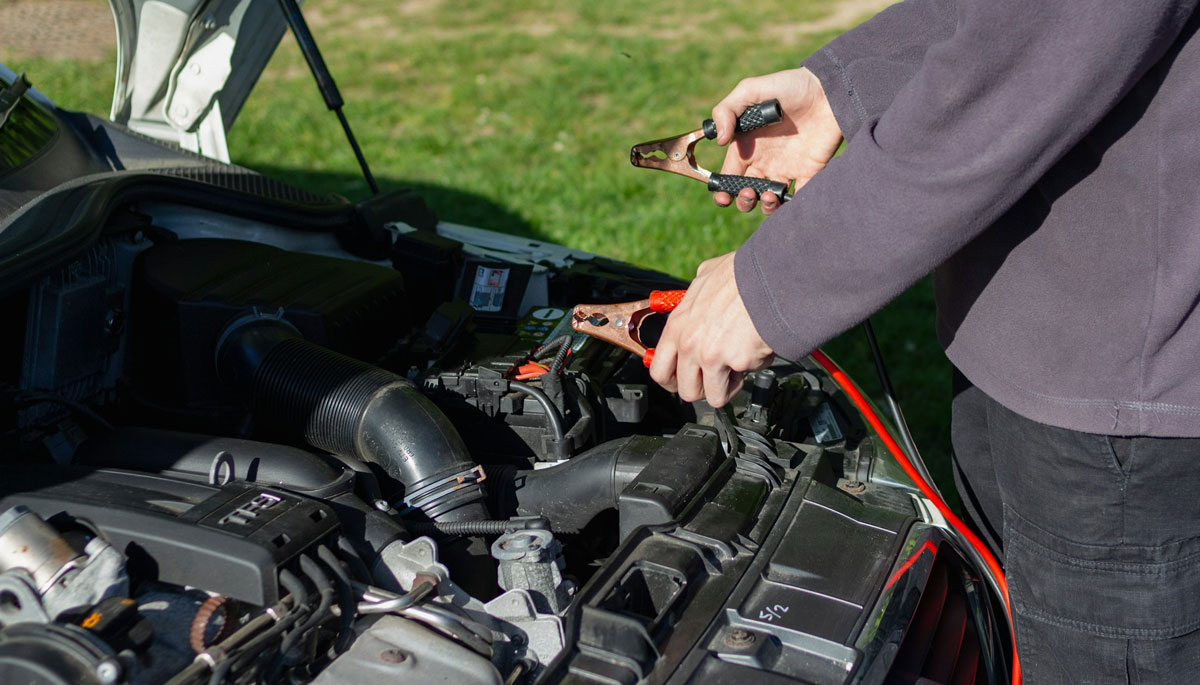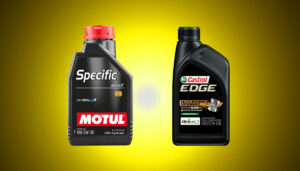As the mercury crosses 45°C across India every summer, the soaring temperatures take a severe toll on cars in multiple ways – leading to frustrating breakdowns.
Understanding the most common hot weather related failure points allows drivers to take preventive action. This helps avoid getting stranded by surprise breakdowns.
Indian Summers Are Particularly Brutal on Cars
The sweltering 40-45°C temperatures sustained for months on end makes Indian summers a true endurance test for the vehicles.
Underhood Temperatures Exceed 60°C
While ambient temperature itself crosses 45°C, the crammed engine bay environment easily exceeds 60-70°C. This accelerates wear and failures for components.
Long Highway Commutes at Peak Temps
Most holiday travel happens over summers spanning hundreds of kilometers a day in baking heat. Breakdowns turn painful without connectivity or facilities on remote highway stretches.
Stop-Go City Traffic Also Punishing Even regular urban commute involves being stationary for long durations allows engines to keep soaking up heat without adequate airflow.
The extreme operating conditions take a toll on multiple components simultaneously – with stranded drivers facing a double whammy of repairs and alternative commute costs suddenly.

Engine Overheating Issues
With the cooling system constantly fighting soaring temperatures, failures cascade into urgent mechanical rescues by the roadside:
Coolant Leaks or Radiator Fan Breakdowns
Any coolant leakage or busted electric fan prevents heat dissipation rapidly – causing the engine to first seize and then crack the block or head eventually.
Clogged Radiator Fins
The radiator fins getting packed with debris algae or mud also cripples its ability to shed heat from circulating coolant. The resulting overheating damages gaskets, seals and warps metal components.
Compromised Water Pumps
Impellers inside water pumps also get affected by runaway temperatures and compromised coolant flow. Soon the pump bearings start making familiar squeaking noises announcing imminent doom.
Motor Oil Problems Affect Anti-Wear Protection
Even quality oils struggle to maintain lubrication protective film beyond peak summer conditions:
Oil Losing Lubrication Due to Excessive Thinning
Heat thins out even the best oils – reducing the much-needed separation between metal components. This metal-to-metal contact accelerates engine wear and even seizure if driven vigorously.
Sludge Deposits Causing Pressure Issues
Contaminated or inferior grade oils also form hardened deposits over time around narrow oil ways and pickup pipes. These sludge buildups obstruct oil flow causing excessive friction. Engines making familiar knocking noises are on the brink off seizures from such sludge aggregation.

Vehicle Batteries Fail Frequently in Heat
Whether used daily or parked for weeks, batteries take a beating in hot weather:
High Ambient Temps Reduce Overall Life
Expected lifespan for batteries roughly halves for every 8°C increase in operating temperature thanks to accelerated positive grid corrosion.
Parking Over the Weekend Drains Charge
Short drives book ended by longer weekends allows charge to keep draining due to background current draw. Come Monday morning, many cars won’t crank over or just conk out midway to office.
Driving Habits Also Overwork the Battery
Hasty cold starts accompanied by extended accessory usage while idling puts excessive load. Combine it with short drives not allowing the alternator to fully recharge – and batteries sulfate prematurely.
The Extreme Heat Simply Cooks the Battery
Park the car under direct sunlight instead of shade and by afternoon the battery literally gets cooked. The excess heat boils away electrolyte while softening terminal connections leading to an unexpected no-start situation.
Air Conditioning Breakdowns Become Common
With occupants demanding round the clock cooling, faulty ACs cause the most discomfort over 40°C summers:
Refrigerant Leaks Due to Damaged Rubber Hoses
While R134A, refrigerant won’t leak easily – extreme under hood temperatures and engine vibrations over time crack AC hoses. Eventual refrigerant loss means AC works intermittently before gasping completely – needing urgent recharge to revive.
Insufficient Lubrication Seizing the AC Compressor
Compressor seizures also leave AC’s blowing ambient temperature air miserably. Apart from leaking chillant, inadequate lubrication also causes compressors to lock up – needing replacements stretching up to ₹15,000 in bills potentially.
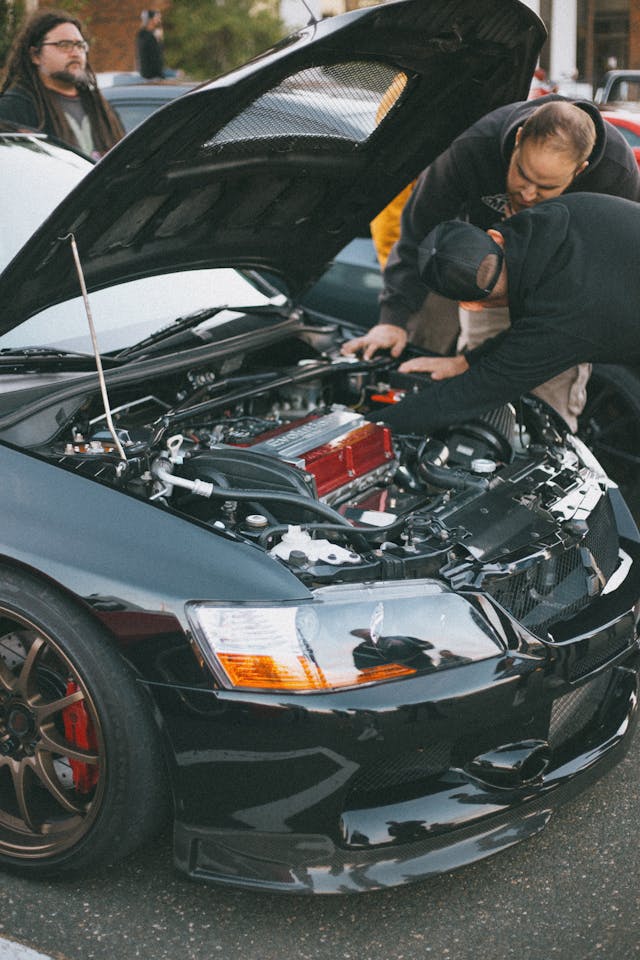
Increased Tyre Damage Risk in the Heat
Tyres already subjected to additional load thanks to holiday luggage also suffer performance impairments:
Air Pressure Buildup Leading to Blowouts
Tyre air pressure increases alarmingly with every 10°C rise in ambient temperature. Underinflated rubbers expanding due to heat are just right recipes for dangerous blowouts on highways.
Sidewall and Tread Separations
Hardened rubbers also become brittle over 70-80°C surface temperatures sustained within wheel arcs. Many tyres end up with chunks of tread depth detached – necessitating urgent replacements.
More Electronic Glitches Surface in Heat
With plastic casings and wiring insulations retaining heat, sensors and electronic control units (ECUs) tend to act up just when needed the most:
Heat Soak Causing Sensor Failures
Crucial sensors like oxygen, intake air temperature etc. get saturated due to excessive engine bay temperatures. The compromised readings and voltages cause starting troubles, jerky drivability and even sudden stalling.
Short Circuits Due to Damaged Wiring
Prolonged underhood heat exposure also cracks wire insulation sheathing. Exposed wiring makes intermittent contacts causing frustrating gremlins difficult to diagnose. Any associated ECUs also switch to limp modes or simply fail totally.
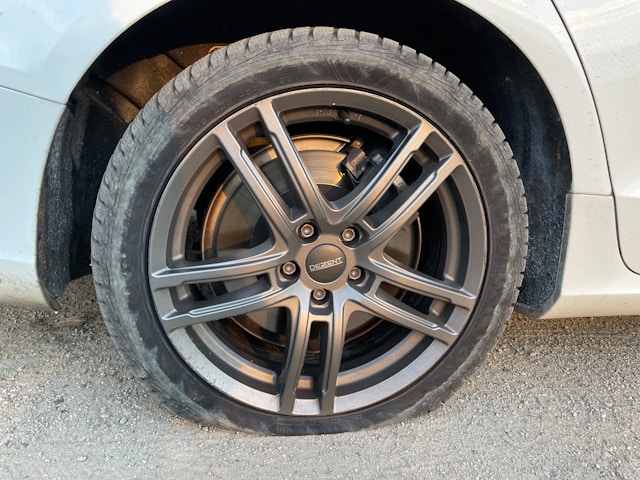
Brake System Crippled Due to Trapped Moisture Effects
The braking systems also suffers multiple hits thanks to heat and humidity combining adversarially:
Moisture Induced Brake Judder
Shoe surface rusting due to moisture makes brake pads grab inconsistently across the disc. This causes an extremely unsafe pedal pulsation and juddering sensation under braking.
Vapour Lock Inside Brake Lines
Trapped moisture starts to boil within brake fluid pipes once it exceeds 165°C temperatures. The resulting vapour pockets compress without transferring pressure to calipers properly. Pedals then sink to the floor with repeated pumps doing nothing to slow the vehicle down!
Premature Clutch Plate Failures Become More Common
Increased underhood heat takes a toll on clutch plate materials and lubrication:
Friction Material Burns Out Faster Operating above optimum temperature ranges causes friction disc materials like woven glass or ceramic buttons to vitrify and lose bite. The clutch starts slipping on inclines despite full pedal travel.
Oil Contamination Reduces Plate Lifespan
Separation of gear oil fractions during heating also increases clutch contamination over time. The compromised friction further accelerates wear – with plates starting to stick and slip unpredictably signalling the end of their life.
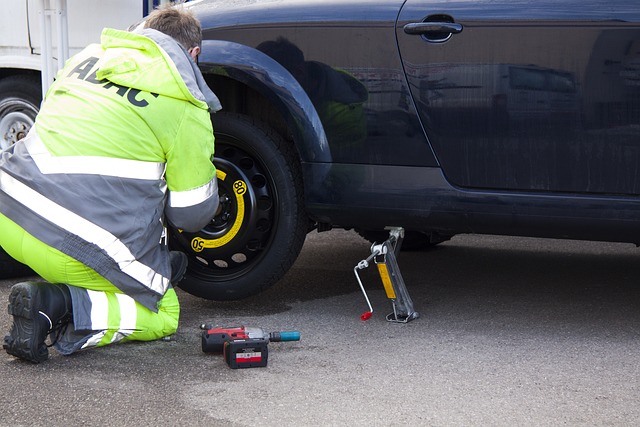
Fuel Pumps Fail During Critical Long Drives
Rising temperatures create havoc for electric and mechanical fuel pumps through different mechanisms:
Vapour Locks Preventing Fuel Transfer
Similar to brake vapour locks, bubbles in gasoline lines prevent steady fuel supply to the injection system. Combustion becomes erratic with sudden power losses – needing switches to spare fuel pump or hand pumps to restart flow and limp to nearest fuel stations.
Heat Induced Fuel Filter Clogging
The extra heat bakes suspended particulates rapidly into hardened deposits within filters barely few weeks old. The resulting fuel starvation shuts engines down completely unless filters are replaced roadside.
Conclusion: Better Preparedness Prevents Painful Breakdowns
Thorough pre-summer maintenance checks on the cooling system, air filters, oils and consumables goes a long way to prevent unpleasant breakdown episodes. Carrying spare coolant, drinking water, fuses and tools also reduces chances of missing work deadlines or important personal commitments.
Stay safe this summer while making the most of school vacations!

